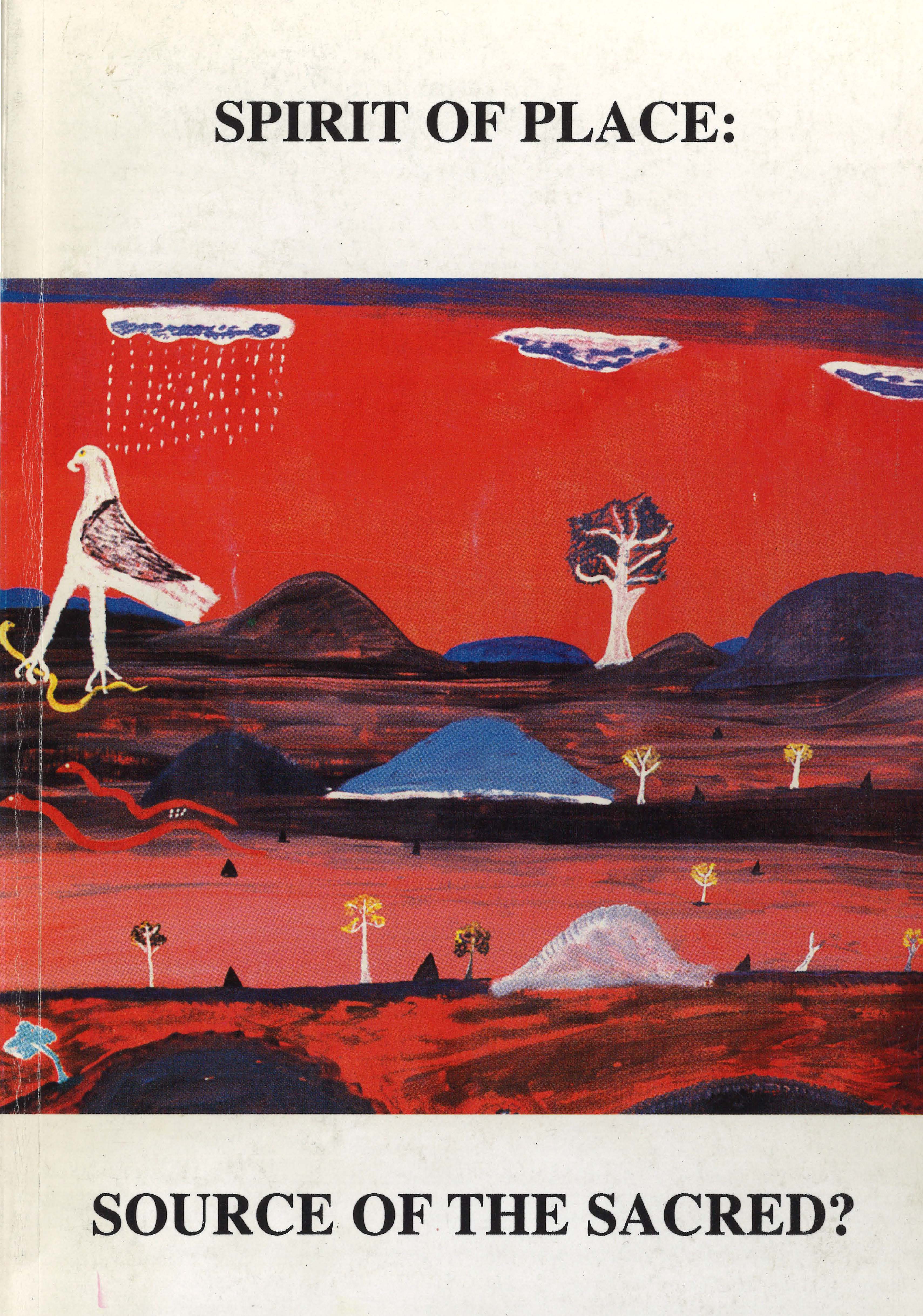"To Our Remotest Border": Christianity and Empire in Canadian Writing
Abstract
Alluding to Abraham's commission in the book of Genesis, a familiar passage for the founders of religious colonies, Sullivan, like the Pilgrim Fathers before him, conflates election and territorial possession: God's dominion and the dominion of the British Crown. At the same time, in this conflation some puzzling paradoxes emerge: the land is "our" dominion; it is chosen by our fathers; the land is both "true freedom's fairest scene" and yet "bound." Unlike the Pilgrim Fathers, the upholders of the Dominion also view themselves as representatives of Britain. The passage, then, embodies a vision of Canadian territory as sacred only after being claimed as political dominion; it also suggests a tension between freedom and imprisonment, empire and nation, complicity and rebellion.Downloads
Published
2017-08-02
